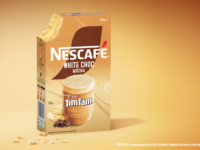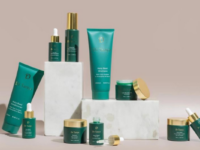Skincare company Ego Pharmaceuticals has been fined $280,000 by the Auckland District Court after it made misleading claims about the sun protection factor (SPF) of two of its sunscreens – Ego Sunsense Ultra SPF 50+ and Ego Sunsense Sensitive Invisible SPF 50+.
In 2019 and 2020, Ego claimed that its two sunscreens – Sunsense Ultra SPF50+ and Sunsense Sensitive Invisible SPF50+ – provided “very high protection” for consumers and were “SPF50+” under the Australian and New Zealand standards for sunscreen products.
When Ego launched the two sunscreens in New Zealand in 2016, the company had grounds to make the claims. However, this is no longer the case due to an accumulation of adverse SPF results from various laboratories between 2017 and 2019, followed by fraud allegations at its testing facility in 2019.
The two sunscreens have not been distributed since December 2019, and the company issued a withdrawal notice in June 2020.
Commission chair Anna Rawlings says that as new information about product testing became available, Ego should have recognised that it did not have a reasonable basis to make performance claims it was making about its sunscreen products already in the market.
“Businesses have an obligation to ensure that representations can be substantiated, and this is an ongoing obligation,” she explained.
“If new information comes to light which impacts the claim being made, as it did in the Ego case, a business should reassess the implications of that evidence and revisit its product packaging and promotion if required.”
Rawlings says the case shows how crucial it is for companies to have a proper basis for any claims they make about their products and that they continue to do so.
“We expect representations about the effectiveness of products can be supported by credible and reliable evidence at the time the representations are made and throughout the supply of the products, particularly if new evidence calls into question the reliability of the earlier evidence,” she added.
“This is particularly important because effectiveness claims are difficult, if not impossible, for consumers to be able to verify themselves.”

















